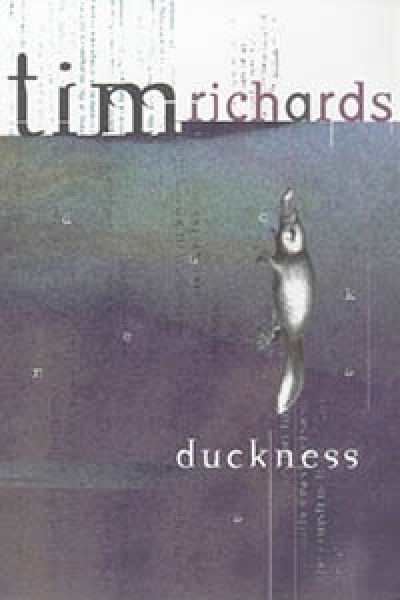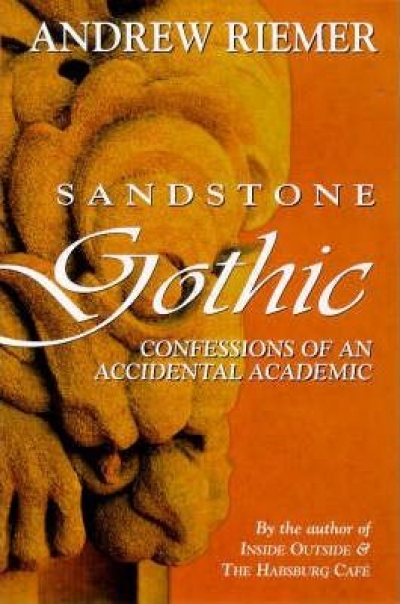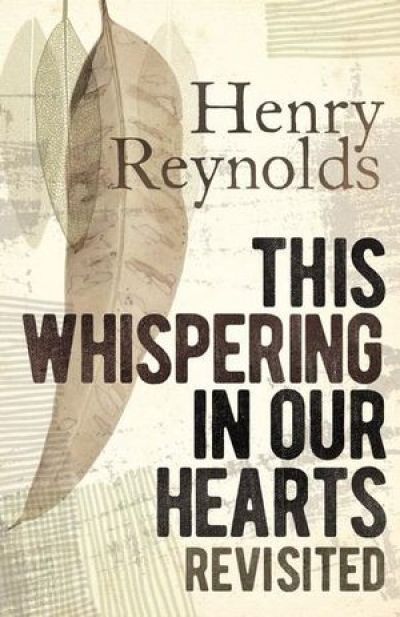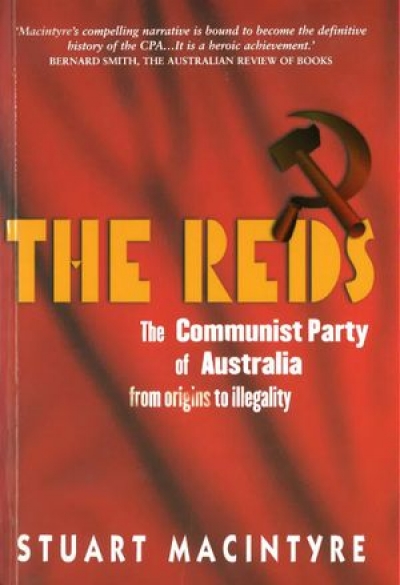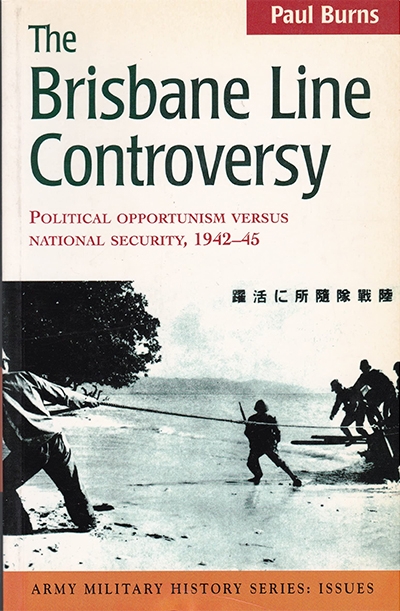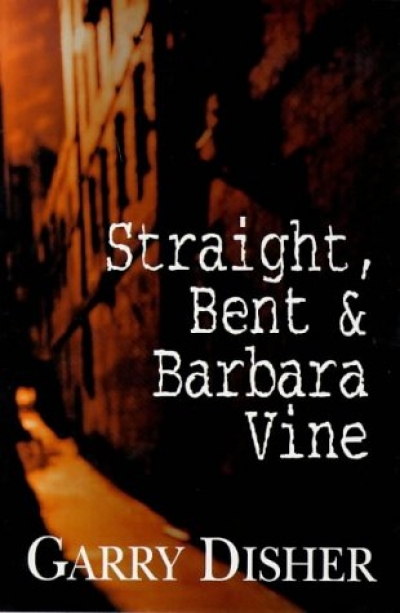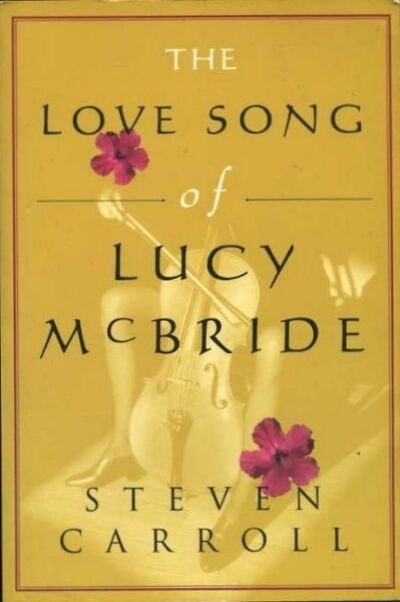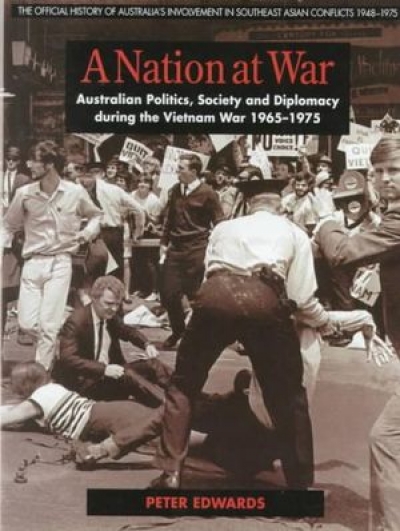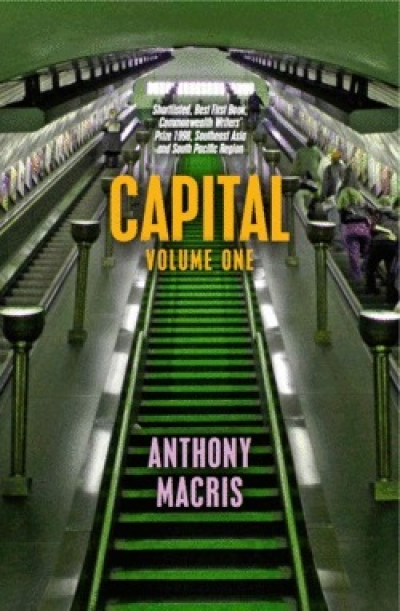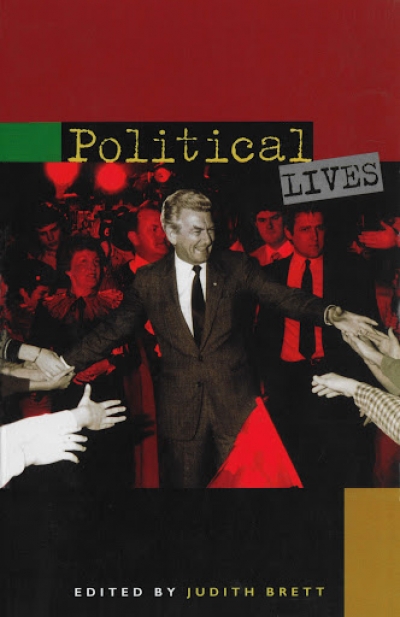Allen & Unwin
Sandstone Gothic: Confessions of an accidental academic by Andrew Riemer
by David McCooey •
The Reds: The Communist Party of Australia from origins to illegality by Stuart Macintyre
by Ross Fitzgerald •
Straight, Bent and Barbara Vine by Garry Disher & Raisins and Almonds by Kerry Greenwood
by Stuart Coupe •
A Nation at War: Australian politics, society and diplomacy during the Vietnam War, 1965–1975 by Peter Edwards
by Peter Pierce •

